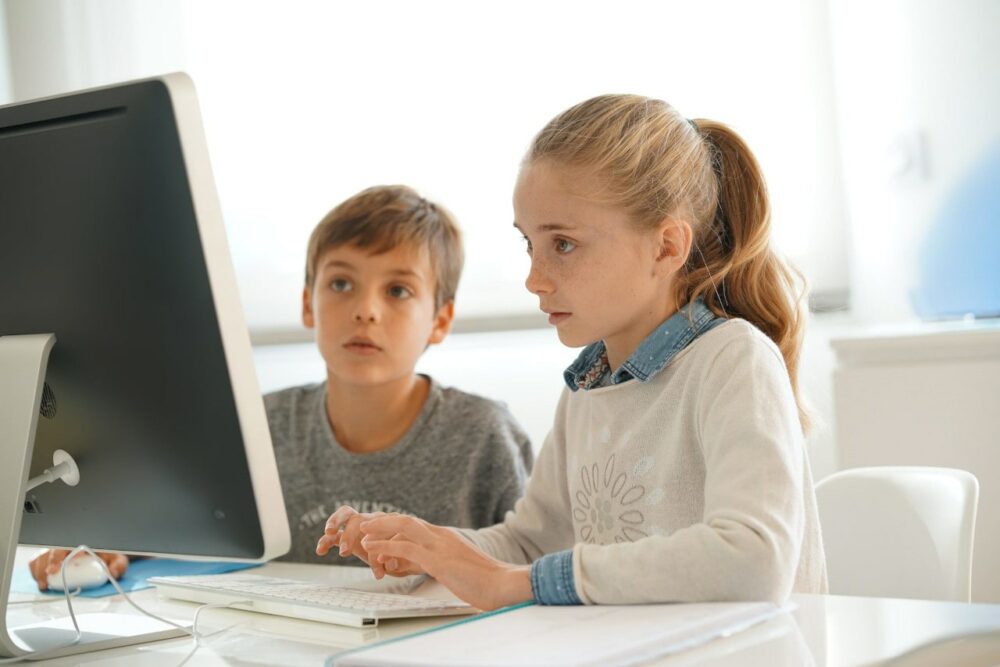Homeschooling is the act of educating children at home, typically from ages six to eighteen.
Homeschooling can be done by a single parent or by two parents working together, and can take place in a child’s home. Many religions prohibit their children from being educated through the medium of English due to the interpretation that this will lead them away from their native language and culture.

In addition, homeschooled students generally score better on standardized exams than learners attending school. Educational experts all agree that the best time to learn is during the first few years of life. As a parent, you need to take care of your child’s early learning needs.
This article will make you aware of some tips for homeschooled kids.
How to Start Early Learning?
Children are our future. They need to have a proper education in order to grow up to be successful adults. As a parent, you want the best for your child, and you want them to have a head start in life by giving them a solid foundation in early learning. The school system is not always equipped with the tools necessary to prepare children for success in life.
You can provide your child with that early learning foundation by homeschooling or enrolling them into an early education program that is well-equipped and has state-of-the-art technology such as iPads and STEM (Science, Technology, Engineering, Mathematics) curriculum, including an activity based curriculum.
Teach Basic Skills.
The most essential skill that a child needs in their early years is the ability to read and write. If a child does not have these skills, they may struggle with school and other learning opportunities in the future. In order to avoid these struggles, it is important for parents to teach children reading comprehension skills at home. There are many ways that parents can teach reading comprehension skills at home.
However, most people think it is best to do so before kids enter school because they will be less resistant to learning at an early age. Homeschooling is a way that parents can ensure that their children receive a good education in addition to the necessary reading comprehension skills in order to succeed in school and life.
Best Activities to do with Homeschooled Kids at Home.
Homeschooling is a great option for parents who want to give their children an education that is customized to their specific needs. It can also be a good option for those who are interested in teaching their kids at home. If you are one of those parents, you might be looking for ways to make the most out of homeschooling. One good way to do this is by picking activities that will grow your child’s skills and interests.
Have a Plan for Learning Activities.
Learning should be fun and should not feel like a chore. One way to do this is to have a plan for learning activities. A person should not just go with the flow and should instead set goals and objectives for the day or week ahead. These are meant to be a jumping off point for anyone who needs inspiration on how to spend time learning with their children.
Learning can happen in many ways. It doesn’t have to be sitting in a classroom from 8am-4pm every day of the week, all year long. There are many different methods available for parents who want their children to learn something new, but don’t know where to start! Homeschoolers can use activities to help them learn new skills or expand on topics that they are already studying.
There are also many kinds of activities that students can do which are hands-on, creative, and engaging. Planning for learning activities for homeschoolers is an important step in their education. It helps them stay focused on what they are learning and keeps them engaged with what they are always doing.
Be Aware of Social Skills Deficits.
Social skills have been found to have a profound effect on the development of children. Children with good social skills are more likely to succeed in life, while those with poor social skills are more likely to be bullied and excluded. The deficit in children’s social skills is still being discussed by experts. Early intervention can help children learn these skills at home or at school.
Children are born with a natural need for companionship, but they also come into the world without knowing how to get it. A lot of parents hope their child will learn the basic social rules that will keep them safe and happy, but it is often the parent who needs to step up their game in terms of teaching their child how to interact politely with others (and play nicely too!).

